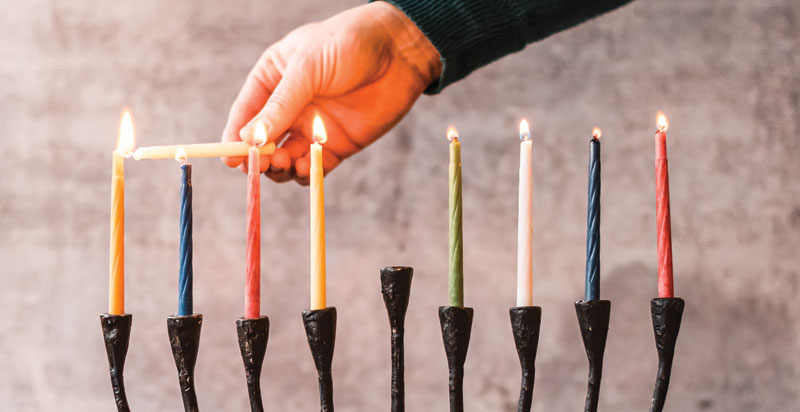
Pink-cheeked and breathless from the cold, I burst through the front door, in a mad search for my mother. It was the third night of Hanukkah, and she was by the window, securing colorful wax candles into a menorah in clear view of the rest of the street.
Words tumbling out with the urgency of genius, bouncing on my ten-year-old toes, I announced what I felt to be the best idea – possibly ever: to build a towering cardboard menorah in our living room, Hanukkah presents stacked beneath its base. Like my obvious inspiration– the Christmas tree – our Judaized version would also be topped with a star, except ours would have six points instead of five.
Lowering the flame in her hand, my mother turned to face me. Years of expensive day school tuition had been meant to instill a thorough grounding in our traditions. So why, my mother gently asked, did I think it was a good idea to celebrate a holiday that freed us to practice our own customs by imitating a culture that tried to erase them?
In years since, as days grow shorter and darker, and menorahs are pulled out of boxes and basements and shined to gleaming, memories of my deflated pre-teen excitement similarly resurface. This year however, my reflections sharpen not around discussions of diaspora or tradition, but on my mother’s figure at the window, her firm resolve, and the place of the Jewish woman at the heart of the Hanukkah story.
Hanukkah is unique in its emphasis on “pirsum” – publicizing. Tradition instructs that the menorah is to be placed where it will be the most visible to the most people. Unlike the holidays of Purim and Pesach, which similarly involve a “pirsum” injunction, with Hanukkah the miracles and traditions are not meant to be publicized only amongst fellow Jews, but to the world at large. This contrasts sharply with Jewish values of privacy, sanctity, and dignity, all of which are couched upon a presumption of modesty. Why would a tradition that treasures these ideals turn a celebration of them into any kind of public display?
The question is further deepened when Midrashic text informs us that the Hasmonean revolt celebrated on Hanukkah was instigated by the Seleucid-Greek assault on these very values.
The Midrash Maaseh Hanukkah recounts that the decrees of the Greeks began and ended not with an attack on Jewish practice but on Jewish integrity specifically. The very first decree, before the outlawing of Shabbat or circumcision, went as follows:
“They stood and decreed: every person of Israel that makes a latch or a lock at the entrance to his home will be pierced by the sword. Why? So that the people of Israel would not have dignity or self-possession, because every house that doesn’t have a door doesn’t have any dignity or modesty, and anyone who wants to go in, goes in, day or night.”
In forbidding the locking of doors, the Greeks ensured Jewish homes would remain exposed and vulnerable. As Rabbi Normann Lamm observed, kedusha – holiness- is the consequence of resisting over-exposure. An attack on the boundaries of the home, the Greeks believed, would dismantle Jewish character at its core. The edict didn’t just threaten physical perimeters but tore at the emotional and spiritual fabric of the Jewish family. Without a secure, sacred space, bonds cannot form, relationships become strained, the transmission of values weakens, and the family is robbed of the ability to nurture the next generation.
A nation is an extended family, relying on shared moral fiber to preserve its unity and purpose. The Greeks targeted dignity precisely because they understood it to be the cornerstone of Jewish identity. As the Book of Maccabees describes, their decrees aimed to make the Jewish people “abominable, unclean, and profane” (I Maccabees 1:48). When dignity is lost, so too is the moral clarity that binds a nation together. A people stripped of sanctity are vulnerable to assimilation and self-doubt, unable to stand resolute in the face of external pressures.
With this goal in mind, the decrees zeroed in particularly on Jewish women. The assaults on brides as government policy, and stories of mothers paraded tied to their martyred infants (II Maccabees 6:10), speak to the unimaginable horrors intended to strip women not only of their humanity but of any hope for the future of their homes or children. It was the targeting of the women that revealed the decrees for their true aim – not to erase Judaism, which could coexist in a polytheistic world, but to erase Jewish distinctiveness.
As Rabbi Joseph B Soloveichik in his collected essays, “Days of Deliverance,” observed, “human dignity and majesty. If… abolished, then man, no matter how agreeable and creative, forfeits the extra existential dimension that the Almighty granted him.…Woman’s personality is much finer and more delicate than man’s. She can endure more; she has intuitive depths of which man is unaware… The attempt to desecrate the lives of the males was not as horrible as the desecration of the women.”
Terrorizing the women of a society is particularly unnerving as it strikes at the very core of a nation’s continuity and moral foundation. The brutality and shock factor of such attacks shatter national pride, leaving a lasting sense of vulnerability and despair.
Yet, it was precisely these women—bride and mother alike—who stood as the heart of Hanukkah’s redemption. The Talmud teaches that women, though typically exempt from time-bound mitzvot, are obligated in Hanukkah candles, a consequence of their personal involvement in the miracle. According to Midrash, the spark of revolt itself was ignited by a woman – Hannah, daughter of the High Priest and sister to the original Maccabees. On her wedding night, she stood before her guests and lambasted them for their complacency in the face of threats to Jewish dignity. Imploring them to understand that an assault against virtue was not one they could withstan, her courage roused her brothers to organize a revolt the very same night.
Since the Greeks sought to strip away Jewish dignity by forcing what should be private into the public square, visibility was used to desecrate rather than celebrate. Yet, rather than retreat into hidden spaces, the Jewish response was paradoxical: to reclaim exposure as a tool for sanctity instead of debasement. The menorah— a centerpiece of the Temple, an inherently private and sacred space—would forever more be brought into the open. By lighting menorahs in windows and doorways, vulnerability is transformed into a declaration of faith and confidence, redefining the concept of what it means to be seen. Visibility becomes an act of kiddush Hashem, sanctifying God’s name. Instead of succumbing to shame or assimilation, Jews used public displays to assert their spiritual and cultural distinctiveness, reframing exposure as a weapon for holiness.
The defense of dignity also serves as a beacon to others. Hannah inspired her brothers to rise up, while Yehudit’s courageous assassination of her own attacker galvanized a nation on the brink of despair. These acts of heroism were not confined to the private sphere but reverberated across a beleaguered people, reminding them that in the face of assault, dignity is preserved not by being stifled, but by being openly defended. In publicizing these stories, Jewish integrity was magnified, not compromised, stating: dignity is not hidden for fear of being lost; it is revealed to declare that it was never yours to take.
The defense of dignity also serves as a beacon to others. Hannah inspired her brothers to rise up, while Yehudit’s courageous assassination of her own attacker galvanized a nation on the brink of despair.
In this light, my mother’s firm response to my childhood request to compromise was more than an act of inflexible conviction. In that moment, she was not just a parent inculcating respect for tradition in the heart of the next generation; she was a beacon, seizing a challenge to her beliefs as an opportunity to express pride and confidence in her identity and all it ennobled her to be. This resolve continues to empower me, all these years later, because it embodies the very spirit of Hanukkah itself—the generations of women who, when told to compromise on their principles, transformed those moments into invitations to shine brighter, to teach the world that dignity and integrity are not prices to be paid, but the very fuel that allows us to illuminate.
Just as the women of Hanukkah held the nation accountable, turning domestic spaces into fortresses of faith, Jewish women have again emerged as symbols of resilience in the face of profound loss and fear. Their public stances – and refusal to succumb to despair – have fortified a nation, reminding a grieving people of their capacity for unity and hope. Their courage both honors the past and inspires the present, ensuring that even amid devastation, the light of Jewish dignity shines bright – rooted in the soul and in faith, it has always been unassailable.
Adina Feldman is a Straus Scholar and junior at Yeshiva University.






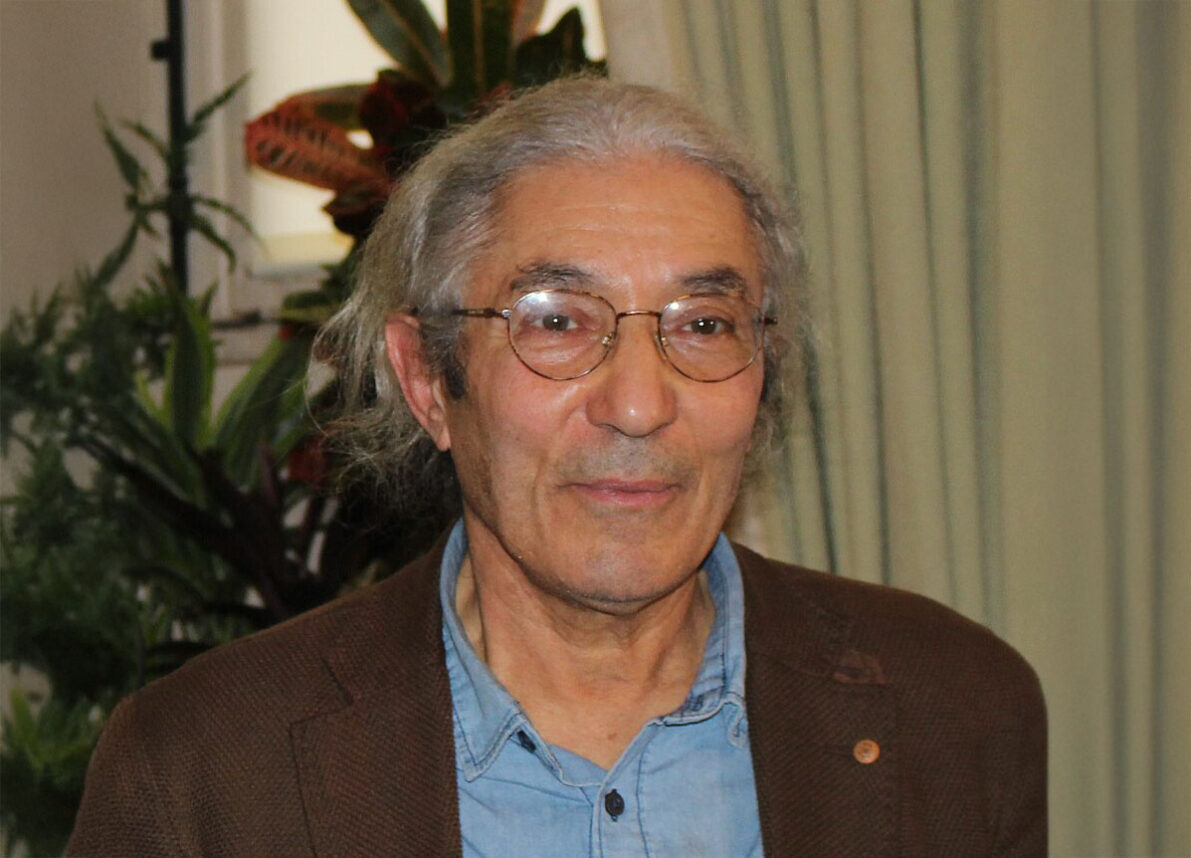
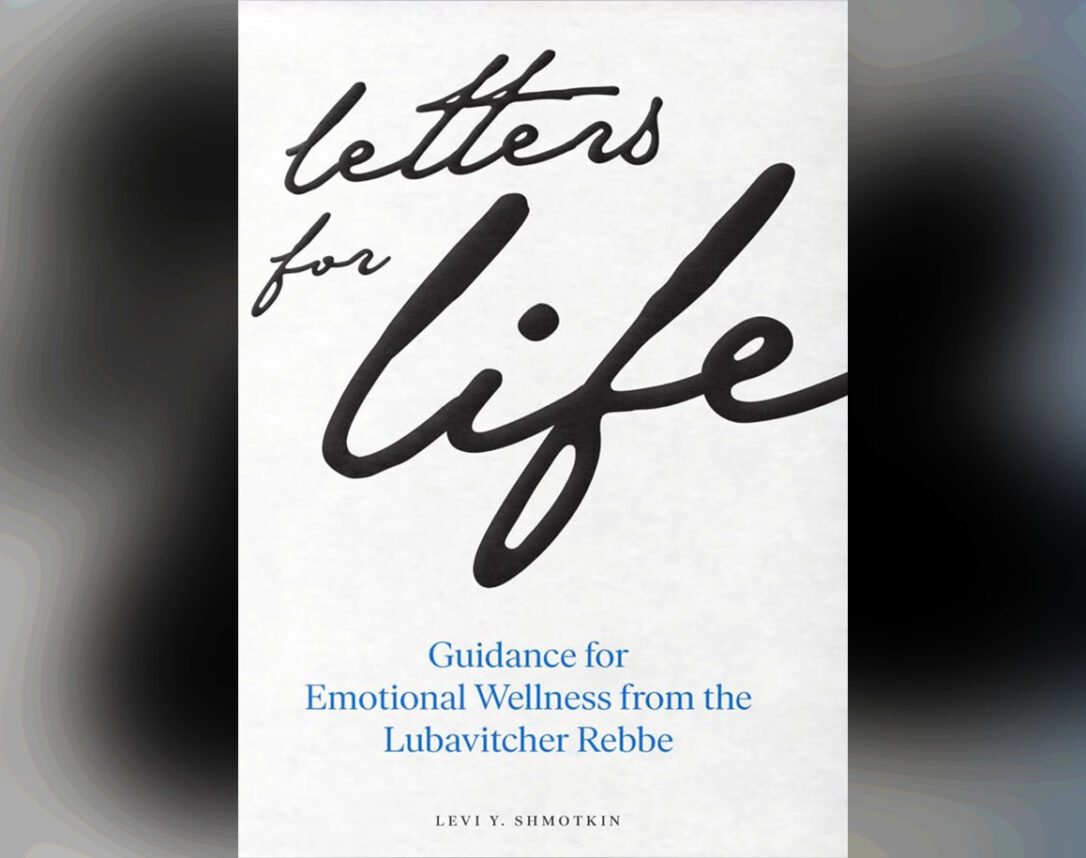

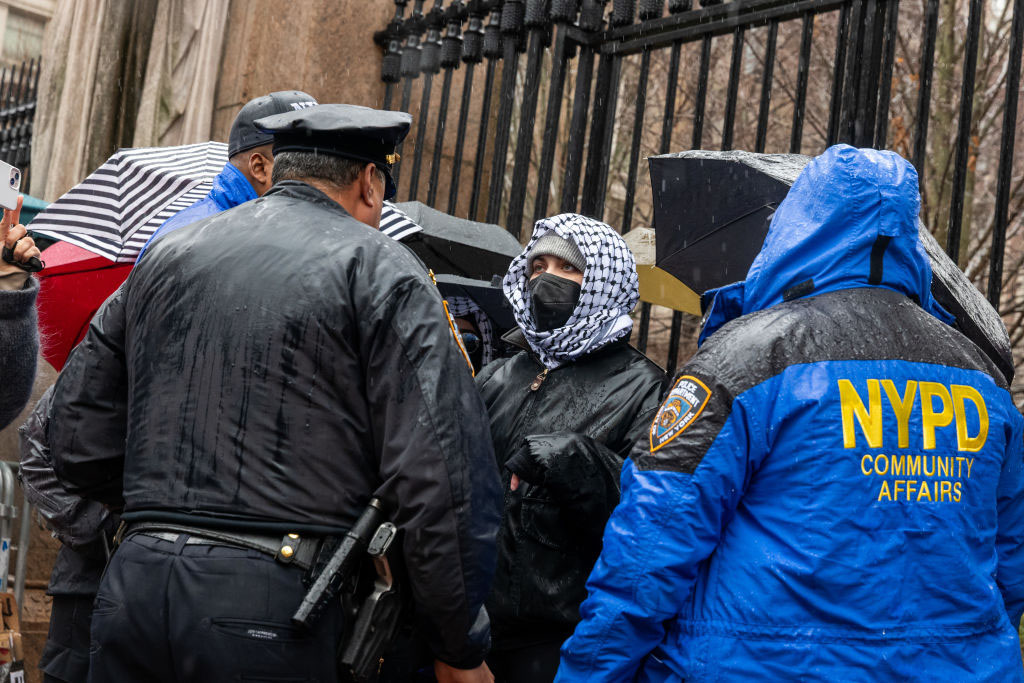
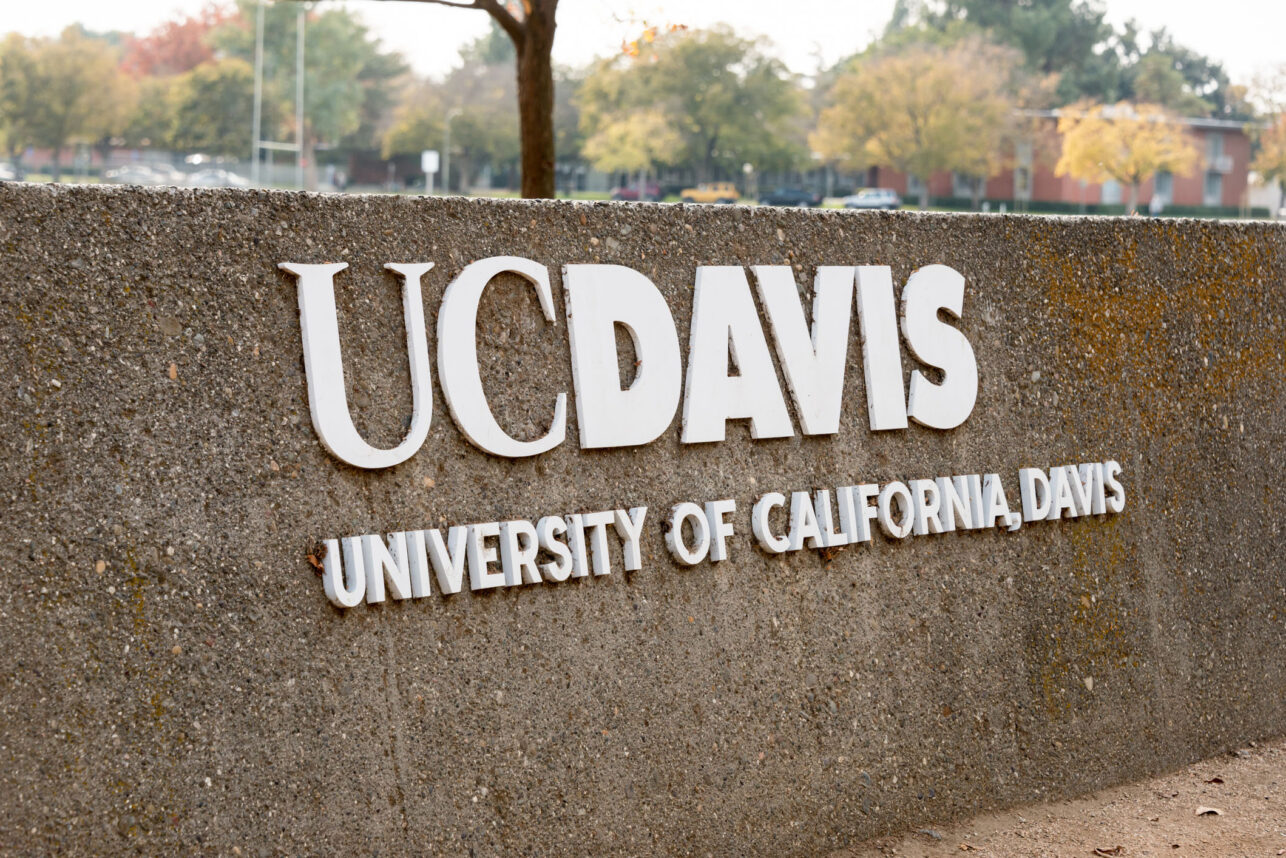
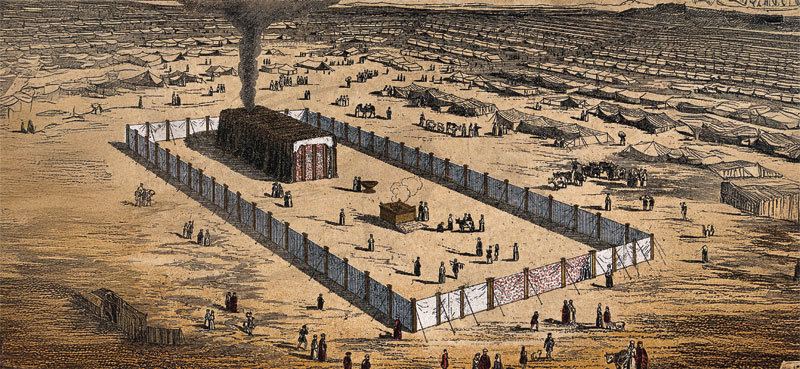
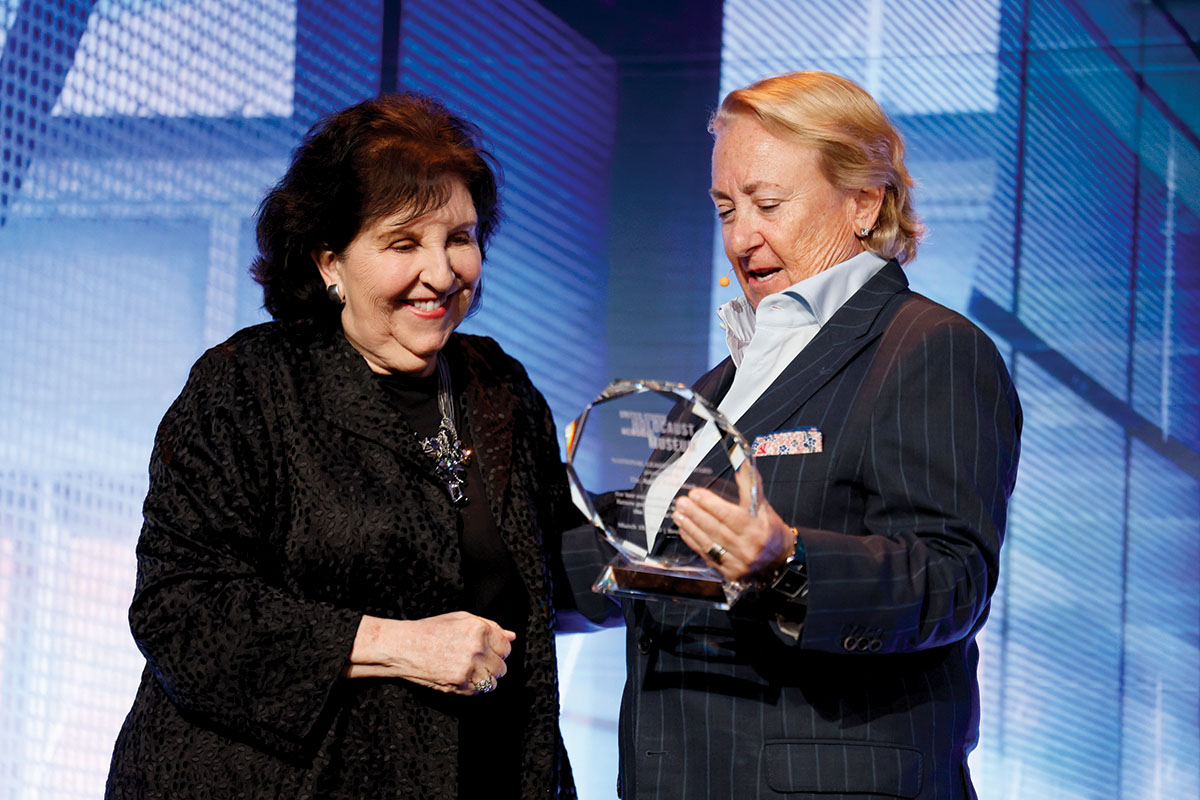

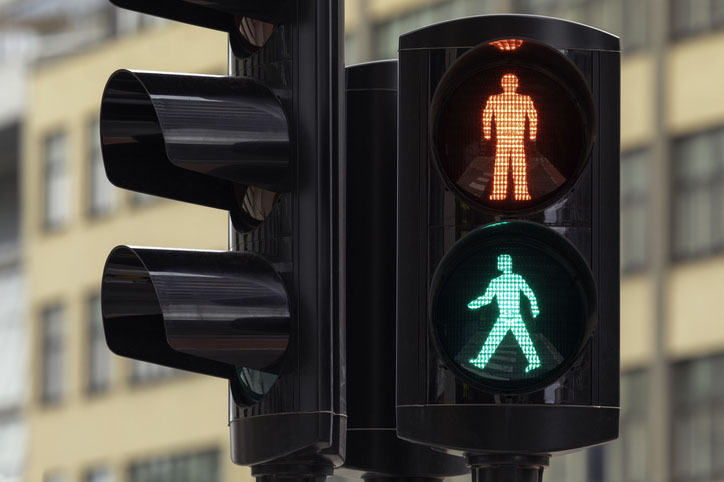








 More news and opinions than at a Shabbat dinner, right in your inbox.
More news and opinions than at a Shabbat dinner, right in your inbox.